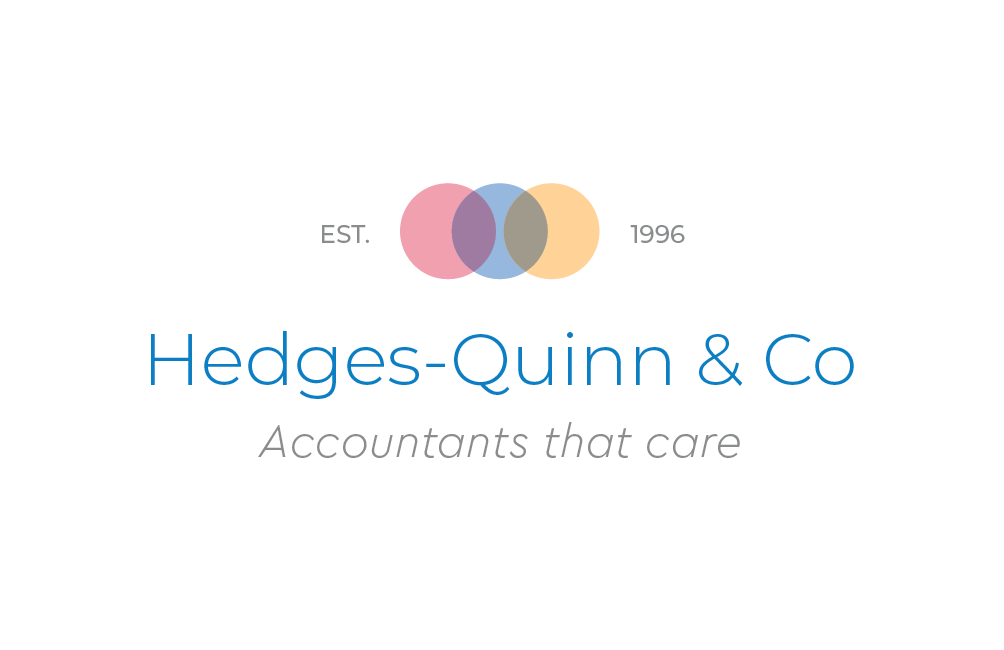
A Sole Trader’s Guide to Allowable Business Expenses Reducing Tax Liability
The rules for self-employed and limited companies are very different from what can be claimed as a legitimate business expense. A fact that is often overlooked when people share ideas for being tax-efficient.
If you are just setting up in business, or thinking of making the switch to Limited from sole trader, the difference in tax allowances is just one element that you need to consider.
Sole Trader or Limited Company?
When you start a business, one of your first decisions is to decide on the legal set-up. A sole trader is self-employed and runs a business by themselves and has total control over the profits of the business, but is also personally liable for any debts of the business. A Limited company is a separate legal entity, meaning that the finance “sits” in the company, giving the owner no personal responsibility for any debts.
Some businesses will start as sole traders, and move to a Limited company when they want to employ a team and have experienced growth. Others may choose to opt to be Limited from the start.
We are happy to discuss the pros and cons of each option and give you the information you need to make the decision.
Tax Implications
As well as the liability difference, another significant difference relates to tax. Sole traders pay income tax on business profits. Limited companies pay corporation tax.
It is often considered that if, as a sole trader, your annual profits are around £30,000 or higher, it may be more tax-efficient to move your business to be a limited company.
Income
As self-employed, your income is considered the total profit in the business, and you pay National Insurance and tax on that profit level. By claiming certain expenses, you can reduce your tax liability.
Sole Trader Claimable Business Expenses
This is an indicative list, with some examples in each category. You should always seek up-to-date and professional advice from your accountant, HMRC or gov.uk website.
▪ Office equipment – laptops, printers, software.
▪ Stationery – paper, envelopes, postage, printing, ink cartridges.
▪ Digital Communication – phone line, mobile, internet.
▪ Professional and financial services – business bank account costs, overdraft or credit card charges, interest on business loans, business insurance, accountant fees, and other professional business advisors, such ascoaches.
▪ Travel costs - train, bus, taxi, airfares, parking, and accommodation costs.
▪ Mileage allowance – including for push bikes and motorbikes.
▪ Food – when away from your normal place of work.
▪ Clothing – if branded, protective, or uniform.
▪ Laundry – only for clothing that is claimable, i.e. branded uniform or protective clothing.
▪ Stock and materials.
▪ Marketing and advertising – website hosting, adverts.
▪ Subscriptions and professional membership fees.
▪ Home Office – a proportion of expenses such as heating, council tax, and mortgage interest.
Misconceptions
Sole Traders can NOT claim:
▪ Client entertaining – this means if you go out for dinner with a client, you can claim your part of the meal under “food”, but not your client’s meal
▪ Gym Membership – unless it is a significant part of your business role
▪ Parking Tickets – you can never claim tax on a charge received because of breaking the law
▪ Eye Tests and Private Healthcare
▪ Client Gifts
The Golden Rule – BUSINESS expense
If you are claiming for something which is used for both business and personal use, you must work out the percentage split and only claim for the business element. If you cannotsplit the expense or prove the allocation to the business, you cannot claim.
For example, if you work from home, you can only claim a percentage of broadband costs if you use the broadband for personal use too. If you use one mobile for work and personal use, you can only claim a percentage of the cost as a business expense.
How should I keep a record of my expenses?
From April 2026, if your income is over £50,000, you will need to comply with Making Tax Digital. There are further thresholds from April 2027 and April 2028 for lower incomes coming under the Making Tax Digital regime. This will influence how you keep your records.
You should always keep up-to-date records, preferably digitally, and remember to keep those records for five years after 31 January of the relevant tax year (six years if VAT registered).
We can advise you on available systems that will suit your business and needs, should you need some help with record-keeping. The days of a shoebox full of receipts are fast disappearing!
What happens if I get audited by HMRC?
If HMRC decides to audit your business, you must provide proof of your allowable expenses. Failure to do so could result in fines or additional tax payments.
Before putting in a business expense on your tax return, always check with a qualified accountant, HMRC or Gov.uk.
If you have any concerns about what you can claim or your record-keeping, please give us a call.
Call Hayley today on 01473 657853
